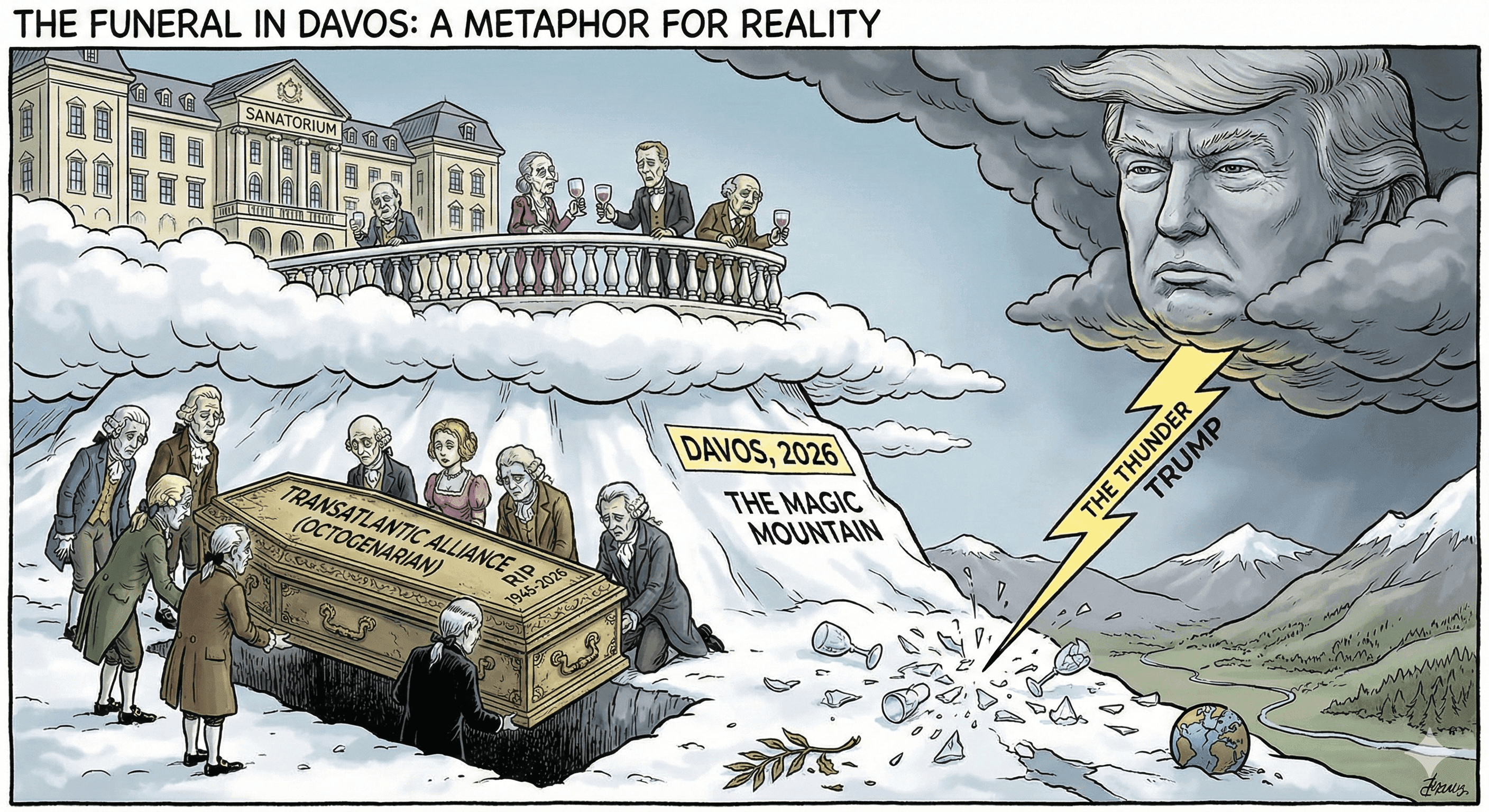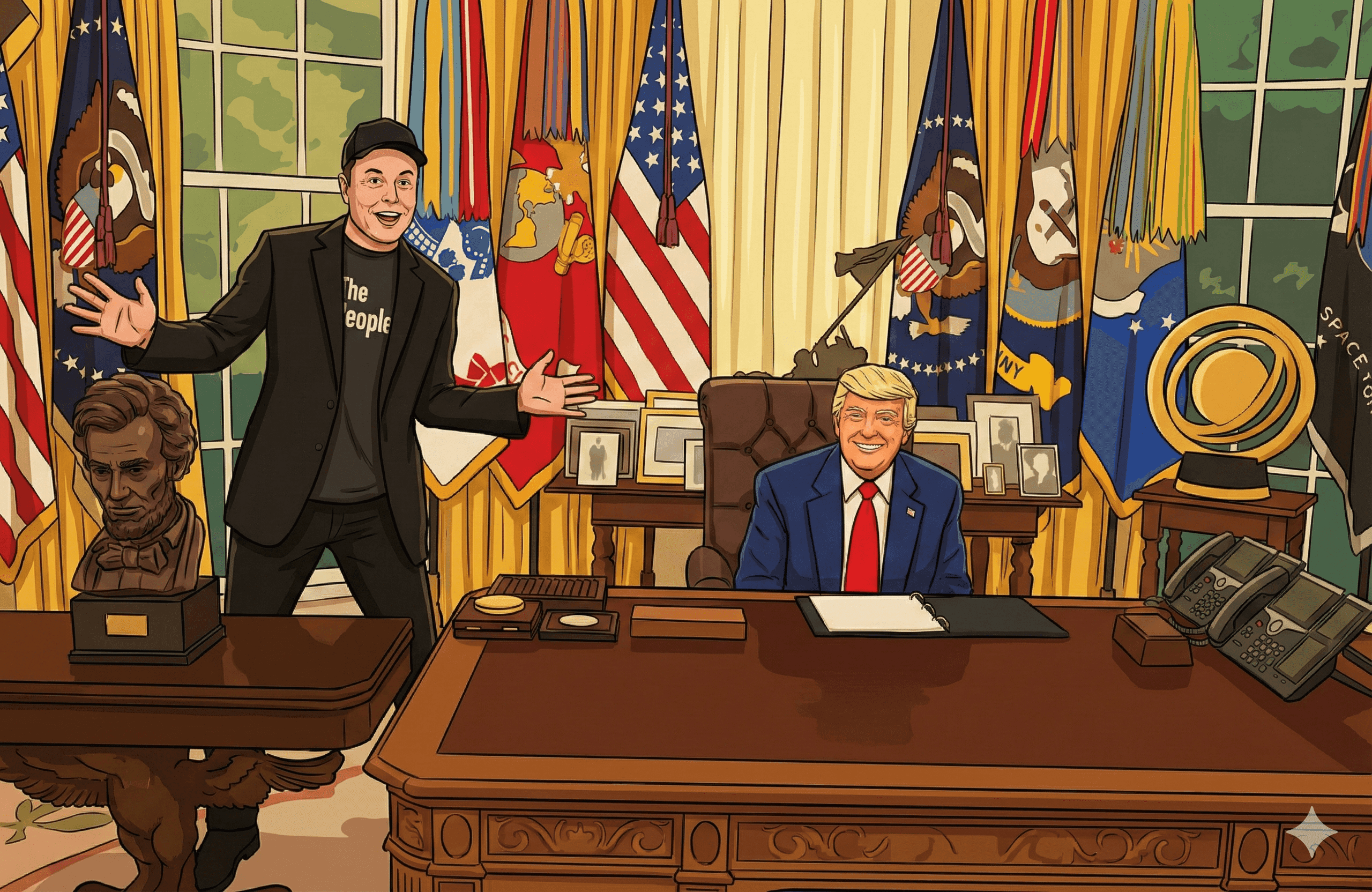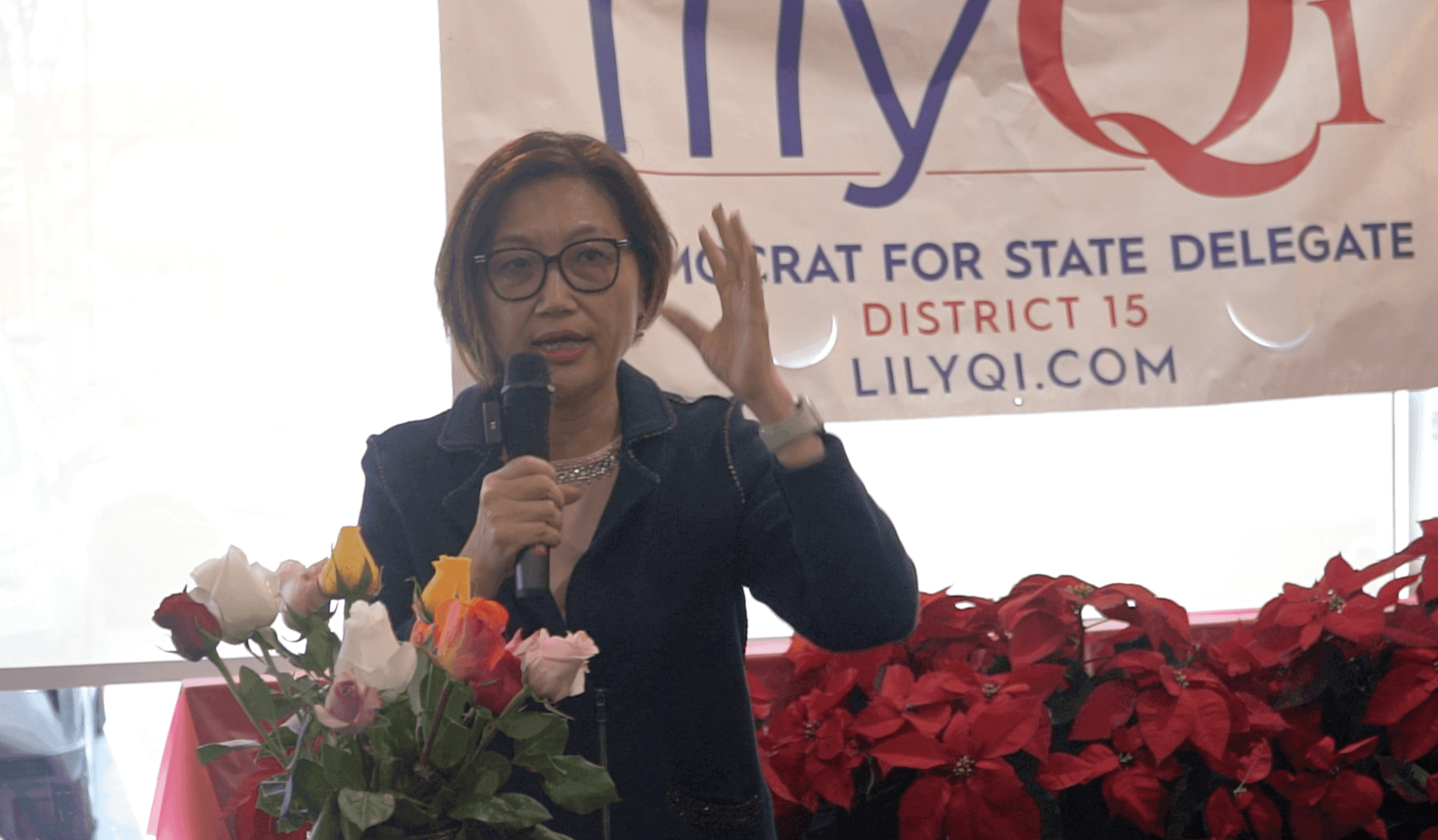Young Marylanders Actively Engaged in the Primary Election
On May 14th, 2024, several students were spotted entering and exiting River Hill High School. However, that Tuesday morning, they were not there attending their regular classes at school—they were there for Maryland’s primary election.
According to the Maryland State Board of Elections, just 722,009 votes, equating to less than 20% of registered voters, were cast in total for the Maryland primary elections, including mail-in, early voting and election day. Despite this low turnout, student voters turned out to get their votes in.
Per research by the Center for Information & Research on Civic Learning and Engagement (CIRCLE)at Tufts University, approximately half of Americans 18-26 years old voted in the 2020 election, an increase from 2016. Further research from CIRCLE polls around the 2022 election shows that though less than a quarter of youth feel confident about democracy in the US, 76% believe that young people have the power to change the country.
In the primary election in Maryland earlier this month, young Marylanders demonstrated their value for voting rights by actively participating. Students who engaged in the primary election, whether by voting or electioneering, said that they believed in the importance of youth civic and political engagement.
“As soon as we were given the right…I don't want to squander that. So I wanted to go in and I made my voice heard,” said Chloe Son, a senior at River Hill High School. She and several other students registered and voted as soon as they turned 18.
Charlotte Krausz, an incoming sophomore at the University of Saint Andrews who also voted as soon as she could, said she thought young people were not very civically engaged but it was essential for them to vote. “Just remember that your vote as an 18-year-old matters as much as an 81-year-old,” she said.
Even students who were not old enough to vote found ways to be engaged this election cycle.
Henry and Sam Yarmus, two sophomores at River Hill High School, arrived at the location at 8 AM on primary election day and spent hours electioneering for Mike Rogers, a congressional candidate.
“People don't understand how much of an influence politics has on their daily life and the earlier that you can get involved in that the better,” said the Yarmus twins.
Through this experience, the twins said they had developed social skills and they “hope every other young person gets an opportunity like that because social skills is one of the most important things that you can have.”
According to the New York Times, fewer than half of Americans 18 to 29 voted in the 2016 presidential election — a gap of more than 15 points compared with the overall turnout. Several students offered their advice to peers who may be hesitant to get engaged.
“Your voice always counts. Just go and vote,” said Pooja Swamykumar, a senior at River Hill High School.
“Coming out to vote is like the easiest way to get started…I was in there for like, such a short period of time and it really doesn't take anything out of your day,” said Michelle Feng, an incoming Senior at Carnegie Mellon University.
Son highlighted the importance of making informed decisions and stated that young voters should always do their research so they know more about the candidates and ther agendas.
During this primary election cycle in Maryland, AAPI representation amongst candidates increased, which made youth, both inside and outside of the AAPI community, feel represented and empowered.
“It just really makes me feel represented…our culture being represented is always a good thing in media as well as politics,” said Swamykumar.
“It's so inspiring to see people who look like you in positions with high power. And it just really …helps you get your voice heard through them,” said Son.
Though not a member of the AAPI community herself, Krausz stated, “I think that's great to see that the demographics of the county are being represented in the candidates, and it's essential to have that sort of representation.”
Just remember that your vote as an 18-year-old matters as much as an 81-year-old
Charlotte Krausz, an incoming sophomore at the University of Saint Andrews

 Lily Peng
Lily Peng



